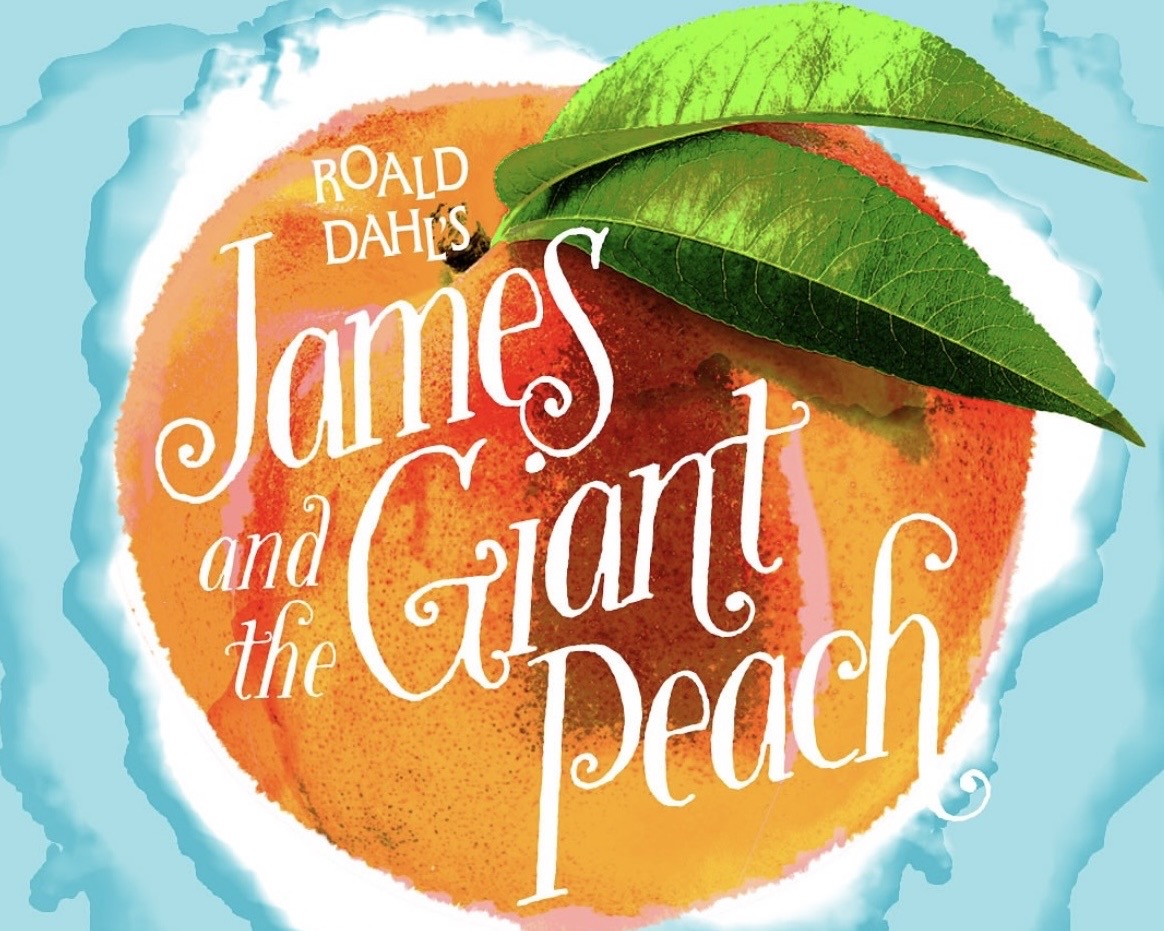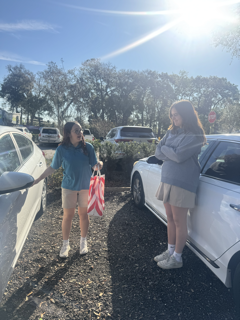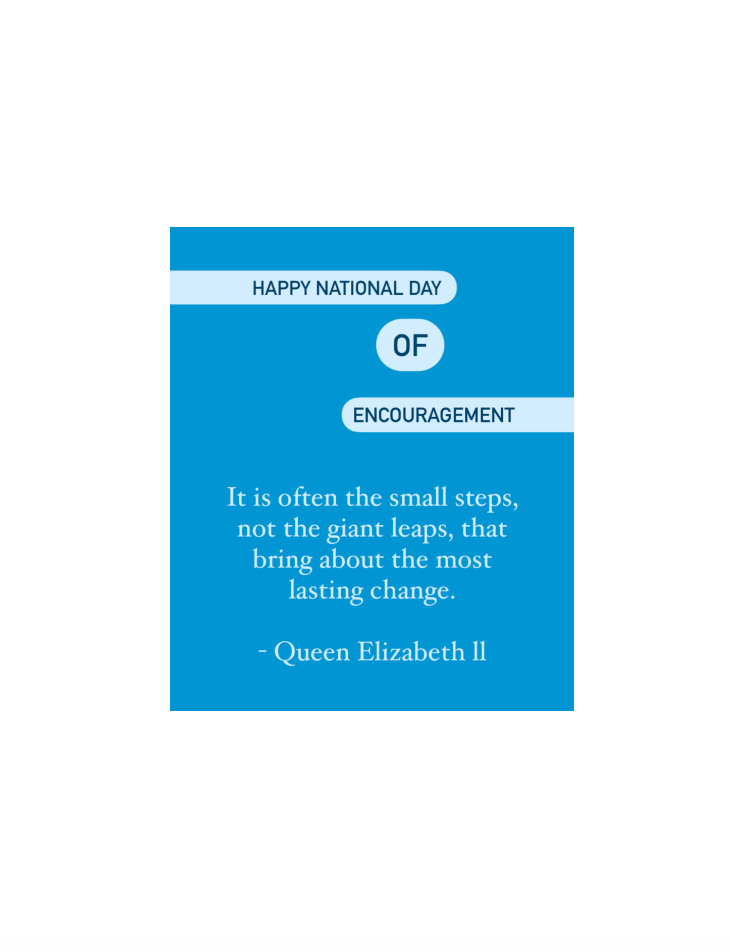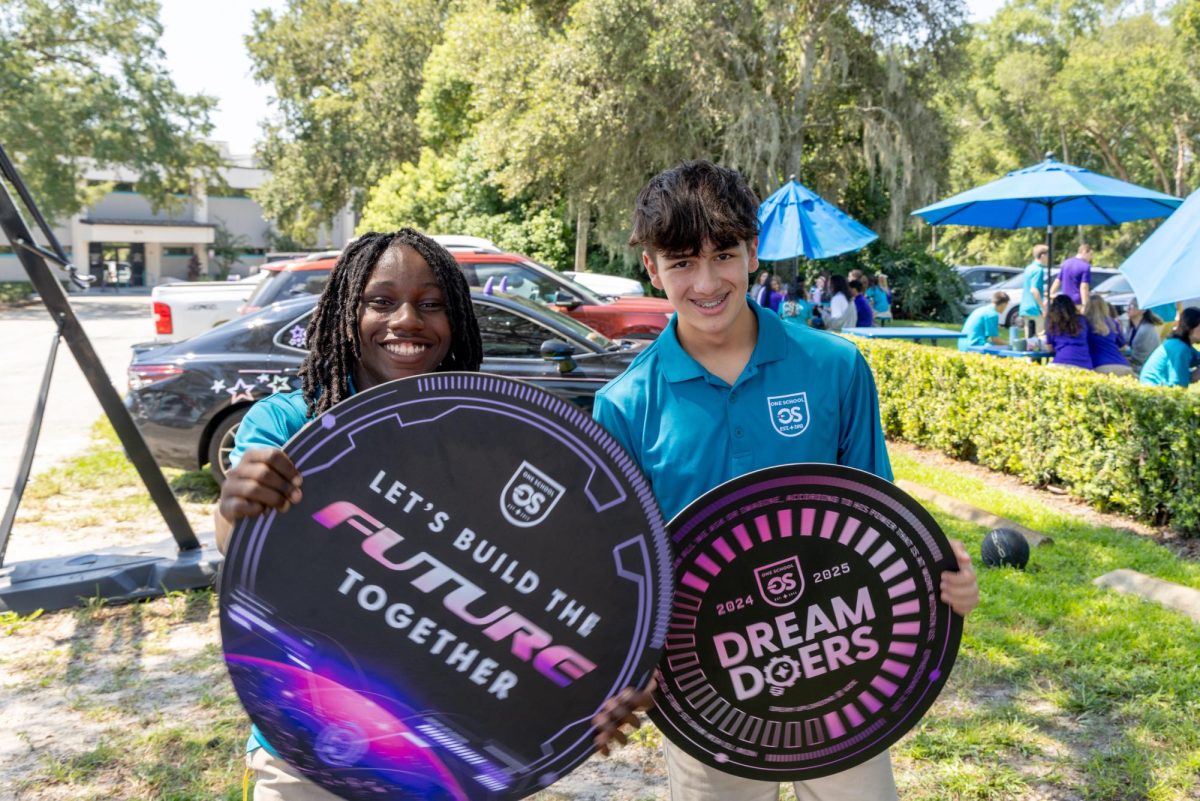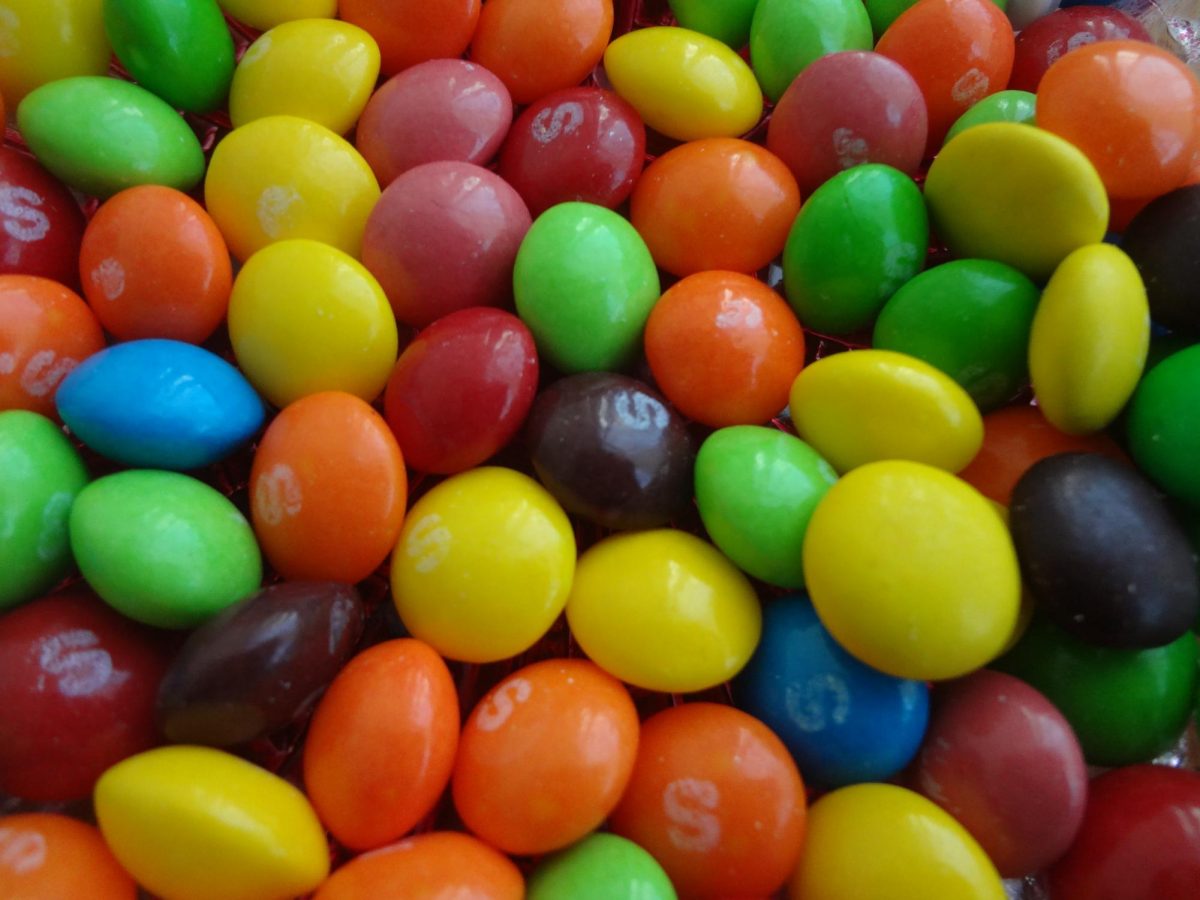One School’s Director of the Culinary Arts Weighs In On Skittles Lawsuit
Photography by David Adam Kess
Skittles company being sued for being “unfit for human consumption.”
August 4, 2022
It’s not all sunshine and rainbows for Skittles. Due to a recent lawsuit filed against Mars, the company who manufactures Skittles, many consumers have learned of a key ingredient in the product that may prevent them from continuing to “taste the rainbow.”
On July 14th, a lawsuit was officially filed against Mars by Jenile Thames, a California resident. In the lawsuit, it is claimed that Mars did not inform consumers of the dangers of an ingredient used in the Skittles recipe called titanium dioxide. According to the court documents, titanium dioxide is “unfit for human consumption” and contains “heightened levels” of the product. When asked for a statement on this case, Kerry Romaniello, One School’s Director of the Culinary Arts, said, “The human flesh and mind can be manipulated through sound, aroma, taste, and chemicals. So, Skittles might be pleasing to the taste, but they cannot be called good food. In fact, there is no fruit at all in them. They are chemicals, dyes, and sugar.”

To further the understanding of why Skittles may be “unfit for human consumption,” it is important to note exactly what titanium dioxide is and its purposes. Titanium dioxide is a metal that is primarily used in industrial products, sunscreens and other cosmetic products. Though, it is used in Skittles as a color additive due to its ability to provide a white pigment when used. The metal has been used in a variety of other food products alongside Skittles. According to The Code of Federal Relations, the metal may be used as a color additive under the condition that “the quantity of titanium dioxide does not exceed one percent by weight of the food.” Continuing her statement, Romaniello said, “Eating these dyes and chemicals, though minute in a few candies, are broadly consumed in a myriad of products daily by millions of people. It is making people sick, therefore impinging on the rights of others to life, pursuit of happiness.” She goes on to say, “Other countries have banned most of the ingredients in Skittles,” a reference to a 2021 safety assessment on titanium dioxide by the European Food Safety Authority stating that it is “no longer considered safe when used as a food additive.”
It is both believed and claimed in the lawsuit against Mars that titanium dioxide has the ability to negatively affect the health and DNA of those who consume it, “[Consumers] are at heightened risk of a host of health effects for which they were unaware stemming from genotoxicity — the ability of a chemical substance to change DNA.” This, along with the claim that Skittles is exceeding the FDA approved limit of titanium dioxide, does not look great for Mars. Though, in a statement to TODAY, Mars said, “While we do not comment on pending litigation, our use of titanium dioxide complies with FDA regulations.”
It is currently unclear whether or not this lawsuit will fully hinder the sales of Skittles, as they are still currently being sold in stores. “I appreciate the idea of challenging a business’ bottom line when they are deliberately harming people to make money and using the law to cover themselves. They are not forcing people to buy their stuff, but pretty, sweet-smelling dots that make a nice sound when poured out, are crunchy and chewy, tart and sweet are tough to resist, especially for the littles,” Romaniello continued. Though the candy may have these qualities, it is very possible that consumers may look for alternatives going forward. Concluding her statement, she said, “Based on the advertising and the actual content of the product, this case is calling out the company and the food industry as a whole to tell the truth.”

